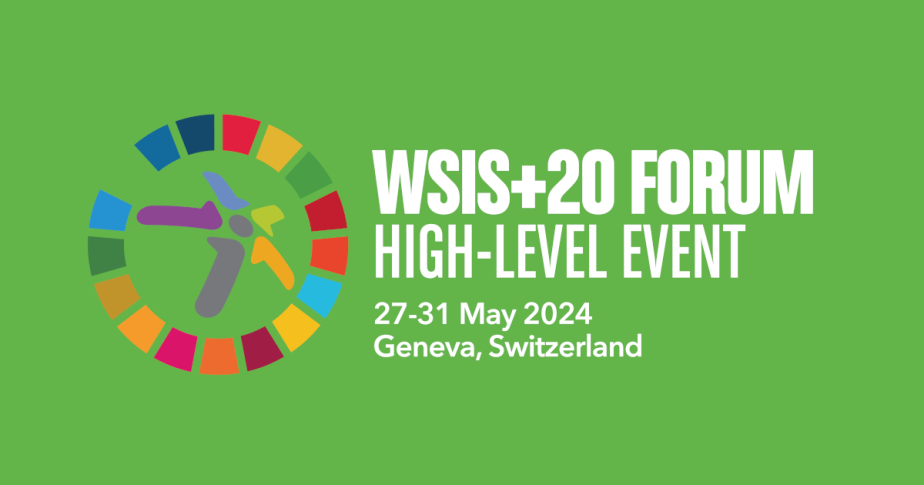
Twenty years ago, stakeholders gathered for the first World Summit on the Information Society (WSIS) and affirmed a “common desire and commitment to build a people-centred, inclusive and development-oriented Information Society.”
Following this, in 2013 the Association for Progressive Communications (APC) published a review of communications rights following the first WSIS Forum in Geneva a decade earlier. This drew on an interview-based survey with civil society stakeholders and considered multiple issues, including the instability of the language used when talking about participation and inclusion, awareness of WSIS and the impact of its outcomes at the national level, and the extent to which many of the WSIS priorities have concretely entered into policy discussions, including the rights of different groups such as women, the youth, and Indigenous communities. This was published in 2013 as a special edition of APC’s flagship publication Global Information Society Watch (GISWatch).
Now another 10 years after that first review, APC and partner organisations have published another GISWatch special edition intended to provoke fresh questions and offer informed analyses on the successes, failures and challenges of the WSIS process and outcomes in a changed context. This analysis will be presented at a session at the WSIS+20 Forum High-Level Event on 29 May 2024. The WSIS+20 event, to be held from 27 to 31 May 2024 in Geneva, Switzerland in hybrid format, will serve as a platform for multistakeholder discussions with the objective to take stock of the achievements and key trends, challenges and opportunities since the Geneva Plan of Action in 2003.
The APC session on 29 May, WSIS+20: Reclaiming a people-centred information society – priorities for the global South, aims to stimulate, contribute to and help frame the deliberations in upcoming WSIS+20 events from a civil society and social justice perspective, and will be moderated by Anriette Esterhuysen (APC), Anita Gurumurthy (IT for Change) and Valeria Betancourt (APC). It will include a spectrogram exercise where participants will agree or disagree on three propositions:
- The WSIS vision was for a people-centred human rights oriented information society. This vision is more elusive now than ever.
- Inclusion has become a central component of digital policy and implementation.
- Civil society's influence in the digital space is more powerful now than 20 years ago.
Participants will also be invited to encapsulate in one word what they want to see come out of WSIS+20. This will be followed by a presentation of the GISWatch special edition - WSIS+20: Reimagining horizons of dignity, equity and justice for our digital future. This special publication includes expert reports that discuss issues including WSIS’ legacy, the failing multistakeholder system, financing mechanisms for local access, the digital inequality paradox, why a digital justice framing matters in the context of mass digitalisation, and feminist priorities in internet governance. While this edition of GISWatch asks: “How can civil society – as well as governments – best respond to the changed context in order to crystallise the WSIS vision?” it carries lessons for other digital governance processes such as the United Nation’s Global Digital Compact (GDC) and NETmundial+10. We suggest you start with reading the preface and then download the full edition.
WSIS+20: Reclaiming a people-centred information society – priorities for the global South
Wednesday, 29 May 2024
09:00–09:45 (UTC+02:00)
Physical (on-site) participation only at the event in Geneva
SDG Stage, CICG, Ground Floor